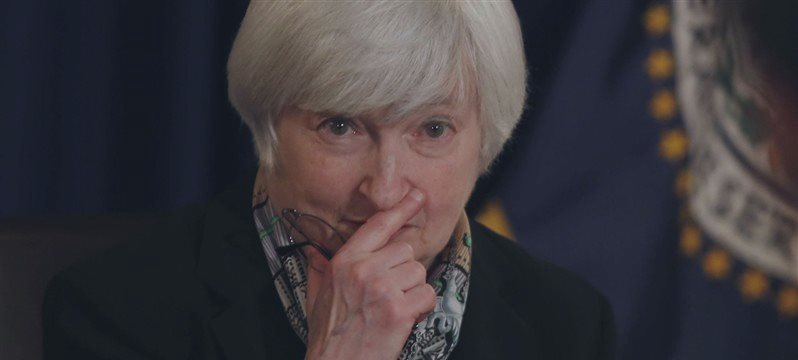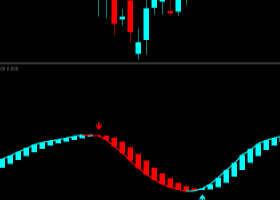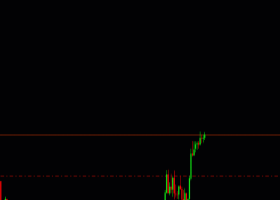
Lacklustre growth and inflation put Fed into difficult situation - Analyst
News stats are released regularly, and sometimes they show different stories. What on earth are Fed officials waiting for?
Sluggish growth and rising inflation put the Fed into a difficult situation.
Money experts at the regulator seem to do it sooner rather than later, says economist Irwin Kellner.
"They would like to wean the markets as well as the economy off easy money and return rates to a 'normal' level," he writes adding that Fed officials also want to safeguard against a growing inflation.
Meanwhile, “core,” or underlying, rate of inflation is already edging up, thanks to rising prices of housing and health care. If oil prices continue to rise and the dollar takes a tumble, there is a possibility of a more upward push.
The analyst sees the main problem in the slow economic growth in the first three months of the year. GDP in the first quarter barely expanded while April’s data look soft as well. Employment growth slowed while spending by both business and consumers slackened as well.
Lifting rate hike now - no matter how small - could worsen the sluggishness in the real economy by hurting the nascent rebound in the housing sector. And it could very well deflate the bubbly stock market, Kellner says.
Every move the Fed makes is scrutinized and every word is parsed for a hint of a change in monetary policy, thus it has to be very careful.
Markets will breathe easier once the bank move rates higher. At the end of the day, rates will still be very low, much liquidity will stay in the banking system and the Fed's balance sheet will still be swollen. Equities will meanwhile remain richly priced.
Therefore, what do the policy makers wait for? Is there any more data on the real economy? Statistics are released regularly, and they sometimes show different stories. This can be applicable to inflation: lots of data subject to conflicting interpretations.
Stock prices are an unreliable indicator, and the Fed should not be worried about the reaction of the stock market. Stock prices are derived emotionally and are subject to mood fluctuations, Kellner writes. As the great economist Paul Samuelson once said, “The stock market has called nine of the last five recessions.”
The longer the Fed waits before lifting interest rates, the more weighty its decision will appear to be. By then, it will be a matter of much ado about nothing.


